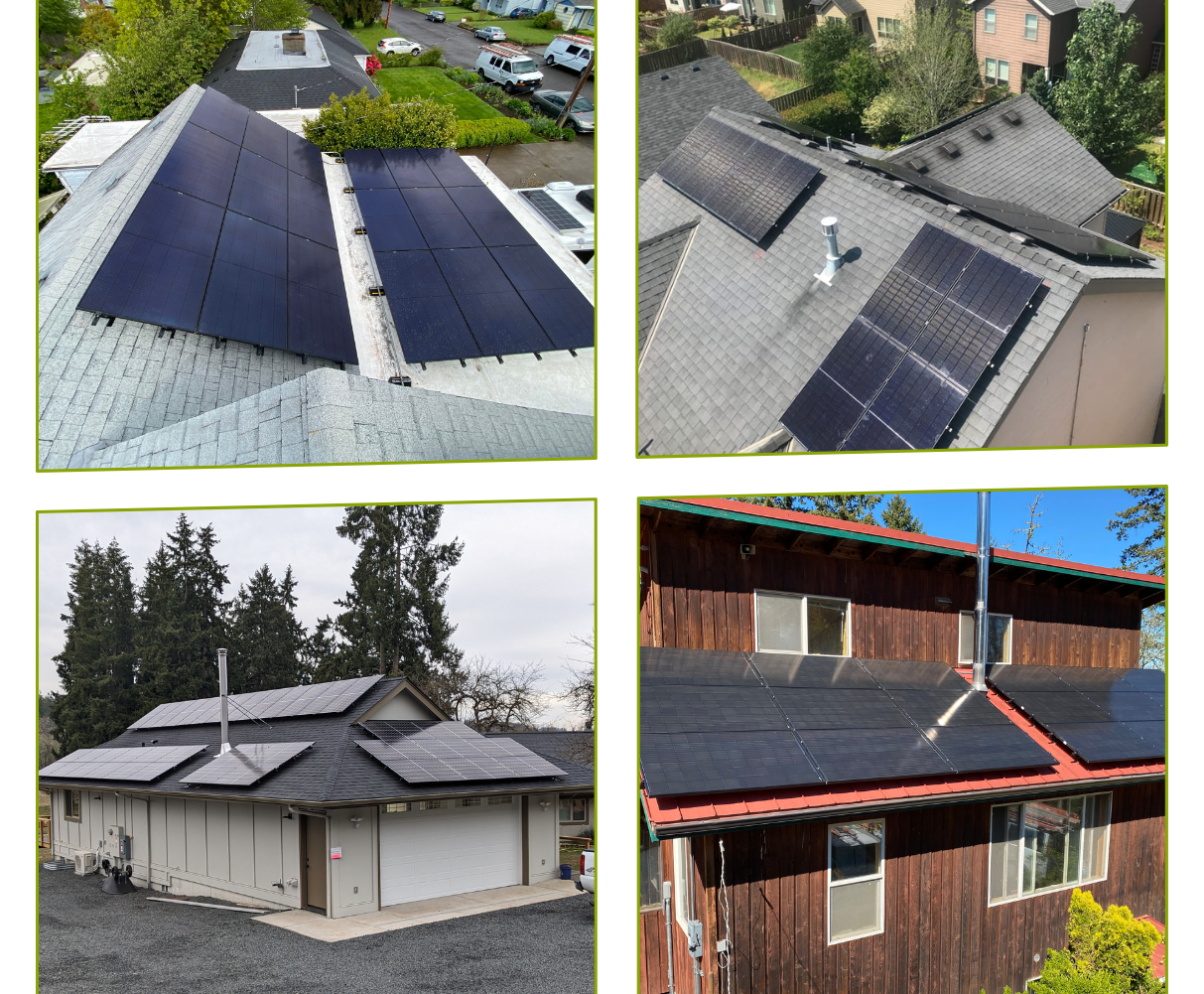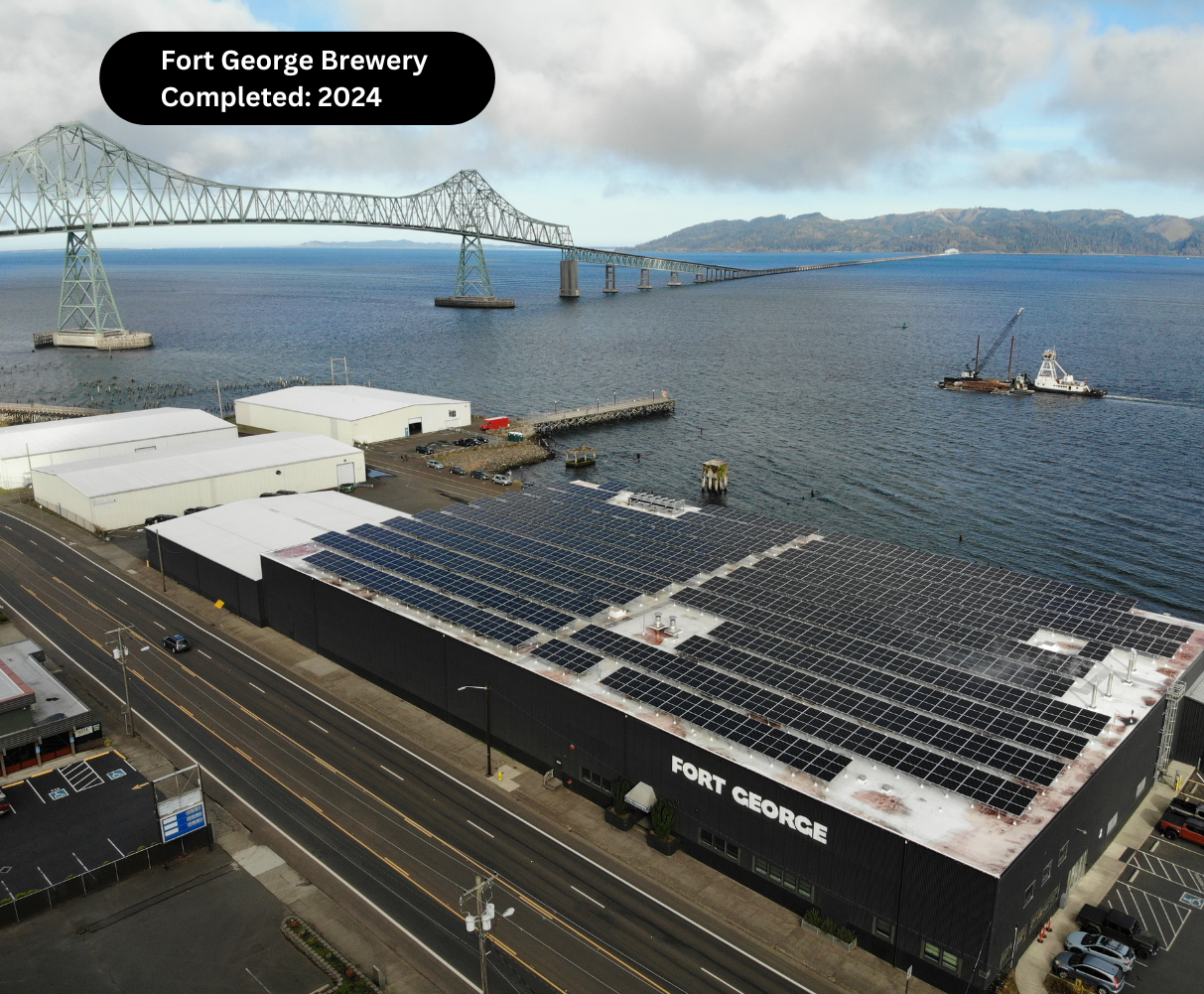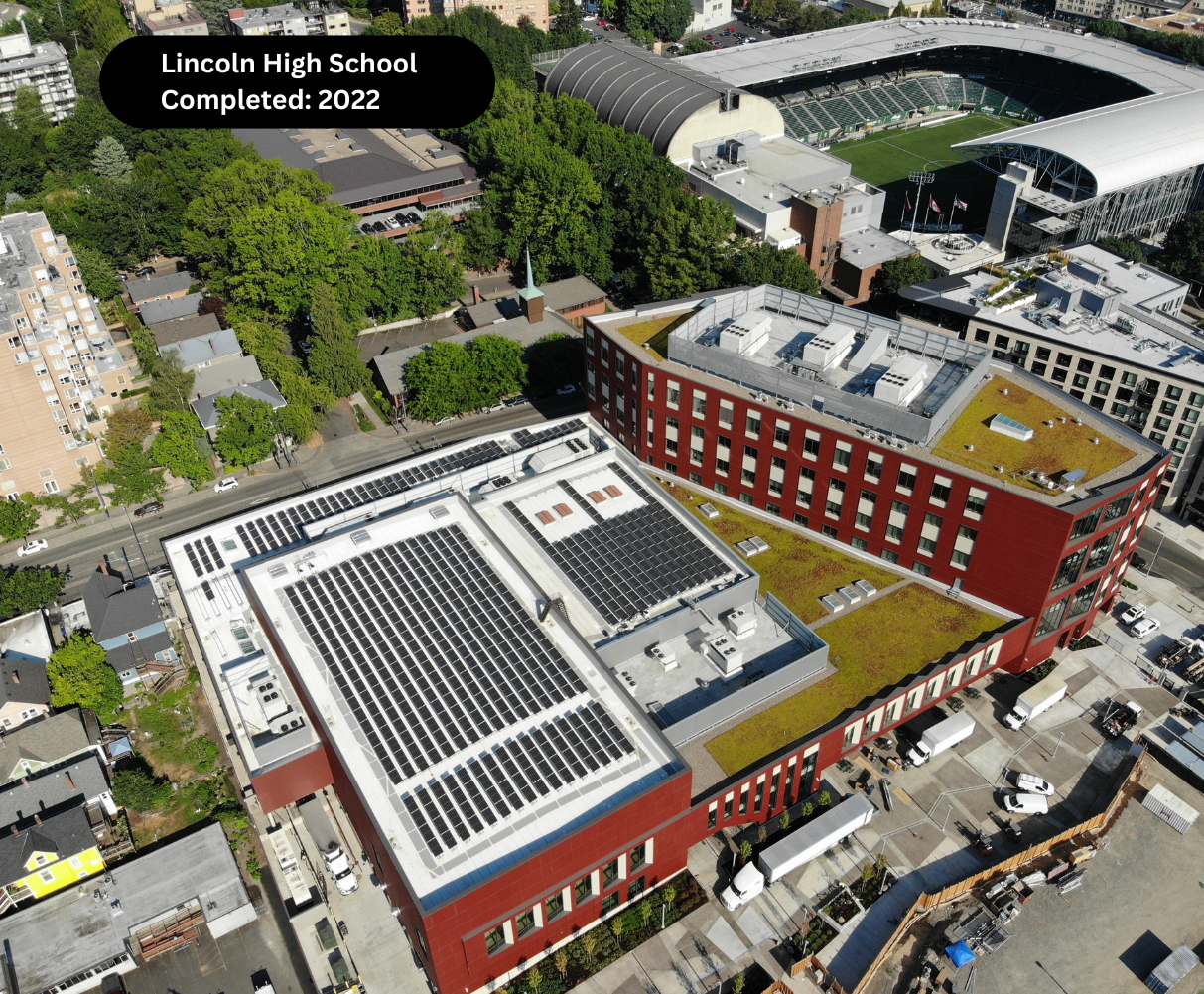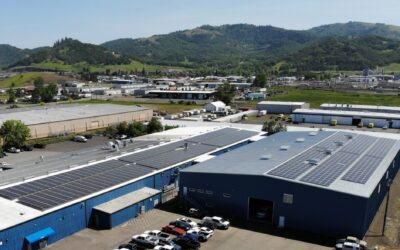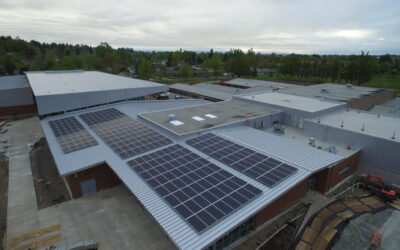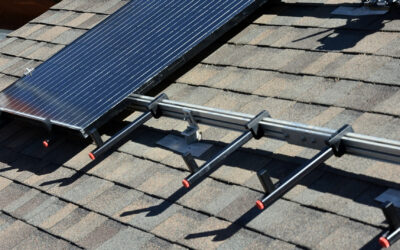Why Commercial Solar is a Smart Investment
Advanced Energy Systems completed the second phase of a 498.54 kW solar electric system for North River Boats in 2018. The array consists of 1,386...
How Commercial Solar Boosts Business Operations and Brand Reputation?
Advanced Energy Systems completed a 91.77 kW solar electric system for 4J ATA Jefferson Middle School in 2017. The array consists of 266 SolarWorld 345...
What Financing Options Are Available for Solar Installations?
Solar energy continues to grow in popularity across Oregon, allowing homeowners and businesses to lower energy costs while reducing their environmental...
Industry Spotlight: Powering Wineries With Sustainable Energy
Explore how Oregon wineries are slashing energy costs and harnessing valuable incentives by going solar—championing a more sustainable industry. In this article, you’ll find real-world examples, ROI insights, and practical steps to integrate renewable energy into your winery operations.
Solar In Oregon
View Answer
Solar energy works in Oregon! The Willamette Valley receives about as much sunlight as the national average. Yes, it rains a lot in the winter, but the constant summer sun makes up for the rainy winters.
There are many incentives which help make solar energy affordable to the end-user. The federal government offers the 30% Investment Tax Credit to both residential and commercial system owners.
Many electric utilities in Oregon also offer cash payment incentives, or will pay for electricity generated.
See this US Department of Energy website for more information: http://www.dsireusa.org/
Return on Investment
View Answer
Solar energy systems installed in Oregon pay for themselves over time. There are many variables which influence the amount of time it takes for a solar energy system to pay for itself, including available government and utility incentives, the cost and forecasted cost increases of utility-supplied electricity, the type of installation and related cost, and financing mechanisms used to pay for the installation.
Payback periods will vary, but typical payback periods generally range from just 2 to 12 years.
Grid Outage
Will my solar energy system work when there is an electric grid outage?
View Answer
Unfortunately, a grid-tied solar electric system will not power your home when the utility grid is experiencing a failure. Inverters have a mechanism which shuts down the PV system when they do not
sense utility-supplied electricity. This safety mechanism is in place to protect electric utility line workers.
If the line workers assume that the lines they are working on have no power, a nearby solar electric system producing electricity could deliver a potentially lethal shock. Most utilities require a utility
disconnect for PV systems. The system will be disconnected before line workers work in the area, which serves as an additional safety precaution.
Solar Warranty
How long does a solar energy system continue to operate? What is the warranty?
View Answer
Solar electric systems are expected to last 35 years, but may last longer depending upon the quality of the solar electric modules. Over time certain materials in a PV module degrade, such as the back sheet and encapsulate seal. While the silicon cells would last indefinitely, eventually moisture
penetration corrodes the electrical connections, reducing the power output of the module. For this reason, AES recommends using high-quality PV modules, which we specify by default for all of our installations.
Solar electric systems require an inverter to convert the DC electricity they produce into AC electricity, such as AC electricity supplied by an electric utility. Inverters may need fine-tuning from time to time,
particularly in the first year of operation. After the first year of operation, an inverter should function without interruption for 10 to 20 years. It is likely that the PV modules may outlive the inverter, and a new inverter may need to be installed after approximately 15 years of system operation. Some inverters carry warranties of up to 25 years. Many inverter manufacturers offer extended warranty options.
Solar thermal (water heating) systems may operate indefinitely, provided that regular minimal maintenance procedures are followed.
Solar Install Costs
Is the price of solar energy falling? Should I wait until prices hit the bottom before I buy a system?
View Answer
The price of solar electric modules in particular has dropped a great deal in the past few years. Prices are beginning to stabilize, but may drop a little lower still. However, incentives for solar electric
systems in Oregon are also changing. As the prices for PV components drop, the incentives offered by the government and utility companies are being reduced.
Again, there are many variables which affect PV system payback. Our advice: The best time to install a solar energy system is now!


